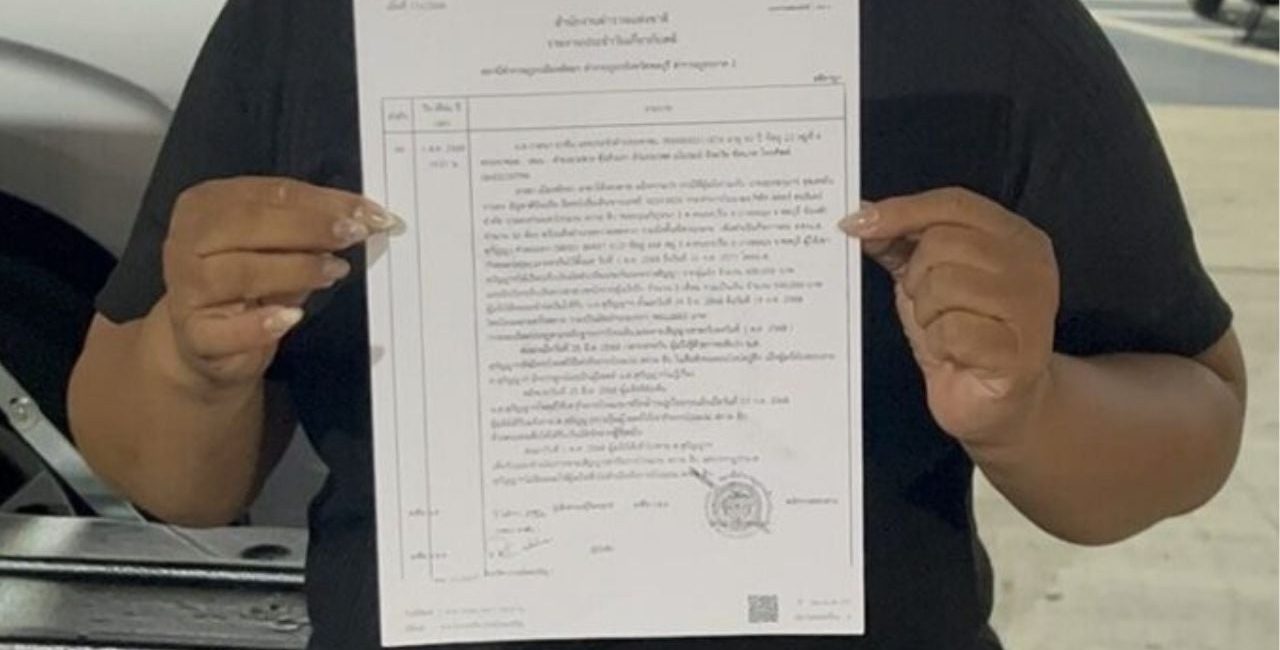An Indian businessman has encountered a legal dispute after renting a hotel with 32 rooms for three years, paying a deposit for three months amounting to 960,000 baht, yet being unable to access the property.
Reports were filed with the police in Mueang Pattaya district by 42 year old Wassana (pseudonym), a partner in a real estate company owned by the businessman, yesterday, August 20, at 11.06pm.
Wassana disclosed that the Indian businessman had previously arranged to lease a hotel, including its 32 rooms and common areas, for a duration of three years. An official rental agreement was signed with the hotel owner, stipulating access from August 1 this year to July 31, 2028.
Following the agreement, the businessman transferred a deposit equivalent to three months’ rent, totalling 960,000 baht (US$29,495), to the hotel. However, upon the agreed date of August 1, access to the hotel was denied.
Furthermore, the hotel owner continuously posted rental offers on social media. When questioned by the aggrieved party, the hotel owner evaded responses and suggested resolving the issue in court.
Wassana expressed significant distress over the incident and has urged the police to locate the perpetrator to initiate legal proceedings, reported KhaoSod.
In similar news, what was intended as a dream vacation in Pattaya turned into a costly ordeal for numerous tourists after they fell prey to a sophisticated hotel booking scam on Facebook, but police have now apprehended the suspects.
On May 20, police arrested three individuals accused of operating a fraudulent scheme, creating fake Facebook pages to impersonate legitimate Pattaya hotels. The scam reportedly defrauded holidaymakers of over 700,000 baht.
The Tourist Police Bureau stated that the suspects were captured through a coordinated operation, with raids conducted in Chanthaburi, Bangkok, and Ayutthaya, following arrest warrants issued by the Pattaya Provincial Court.
“These people enticed tourists through Facebook pages designed to look like well-known Pattaya hotels,” a bureau spokesperson explained. “They used fake deals to persuade victims to send money for bookings that didn’t exist.”




No Comment! Be the first one.